Sustainable or ethical fashion terminology can often be quite confusing. You check a website and they use a bunch of words that sound like it’s a good thing, but you are not actually sure what you are supporting there. So I decided to share few of the words here. Many of them might be familiar to you, but hopefully, some that might help you when trying to shop sustainably!
Alteration – Altering a garment to make it fit better. Sometimes this term means a place where you can get your garment altered or fixed.
Artisan – Tradition craft and ancient techniques of craft work, very skilled usually made by hand and also usually culturally based.
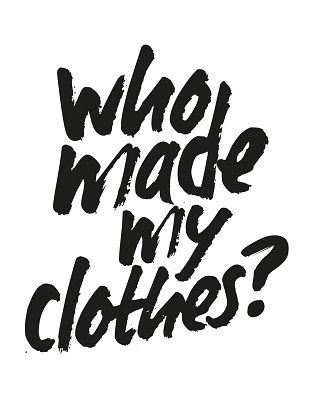
Ethical Fashion – Often considered as the term to describe fashion with human rights connection, however, it can mean anything including animal welfare and the environment. This is a confusing term and can mean different things to different people.
Carbon Footprint – The amount of carbon dioxide emitted through daily actions into the atmosphere.
Carbon Neutral – No carbon emission.
Circular Economy – System to minimise waste and regenerating energy through closed-loop systems.
Closed-Loop System – A system which consistently reuses its waste, therefore, doesn’t discharge any waste.
Cradle-to-Cradle – Essentially close to the circular economy and closed-loop system, but cradle-to-cradle is a school of thought which builds on the effective design of ingredients that last and can be reused and are safe for human consumption and the environment.
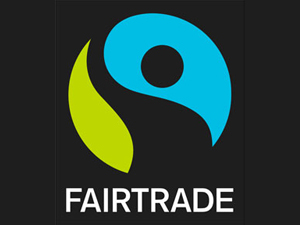
Fair Trade – A mark/brand for products that have been produced in fair ways; paying a minimum living wage or higher, healthy working conditions and training for employees. It is also considered an organised social movement to help battle the sweatshops.
Fast-Fashion – The mass production of garments/accessories/shoes for the high-street stores. These are produced as quickly as possible (some even in two weeks) and as cheaply as possible. Often inspired or copied by the designers or independent companies and in general are of lower quality (in material as well as make).
Natural Fibres – Fibres of plant or animal sources such as cotton, linen, wool etc.
Organic Cotton – Cotton grown without pesticides or modified seeds.
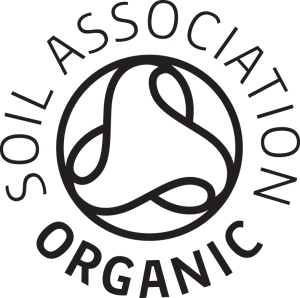
Pesticides – Toxins used to kill pests that are harmful to plants and animals. Can cause irreversible damage to the animals (those who eat the animals) and the soil.
Petroleum-based fibres – Fibres that are made of petroleum-based chemicals (plastic). Is not environmentally friendly and can have possibly toxic fibres mixed within them. Polyester, polyurethane, nylon, acrylic.
Second-hand – Items that have previously been owned.
Slow Fashion – A social movement to combat fast-fashion and mass consumerism. Generally referring to buying less and smarter, such as buying timeless pieces that are of high-quality.
Supply Chain – A chain of processes and companies involved in manufacturing and distributing fashion or any other goods.
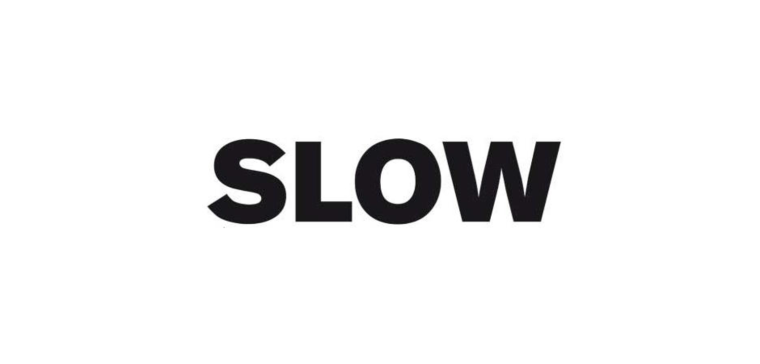
Sustainable Fashion – A design philosophy that does not harm humans, animals or the environment, but rather is a process of creating goods indefinitely. At the moment this term is used quite loosely and can refer to designs that follow one or more various ethical/sustainable design principles; using recycled or organic fibres, not using animal products, using end-of-line fabrics and so on.
Sweatshop – A factory where working conditions can be dangerous and inhumane, often underpaid and overworked.
Transparency – Being transparent about the manufacturing of goods and the production processes, often means that these can be traceable. A movement battling sweatshop production and toxic release into the environment.
Upcycled – Used goods reused and made into something of higher value than it was.
Vegan-Fashion – Fashion that is made out of animal-friendly and cruelty-free materials. Although this sounds good, the problem often is that they use petroleum based fibres such as polyester, nylon and acrylic.
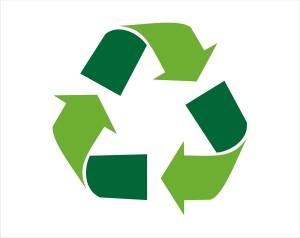
Do you have terms that you would like to share or others that you would like an explanation to?
With love,
Lii

If you check out Ethical Consumer magazine they have just recently done an article on ethical fashion and it breaks down all these factors. Very very helpful. Great post, it’d mean a lot if you checked my blog out too x
LikeLike
It is great that there are so many different places that explain the terminology! Thank for reading and your tip, I should check it out! 🙂
LikeLiked by 1 person
There are a lot of buzzwords in the fashion industry, and either 1) I don’t know what they mean or 2) some words start to lose meaning to me! Thanks for sharing 🙂 -Audrey | Brunch at Audrey’s
LikeLike
Oh, I absolutely agree! The problem is that there is no one body that certifies and comes up with them and most of them basically mean the same thing and are more of a general term. Thank you for reading! 🙂
LikeLike
I wish I had read your post before writing my article. I did use slow fashion. You can literally write a post about each of these terminologies . Especially sweatshops .
LikeLike
I absolutely agree, there is lots to say about all of them, much more than what I wrote here!
LikeLiked by 1 person
Such a great comprehensive article, thank you!
LikeLike
Thank you! I am glad you enjoyed it!
LikeLike
Very interesting article, thanks for sharing!
LikeLike
I am glad you liked it, thank you for reading! 🙂
LikeLike